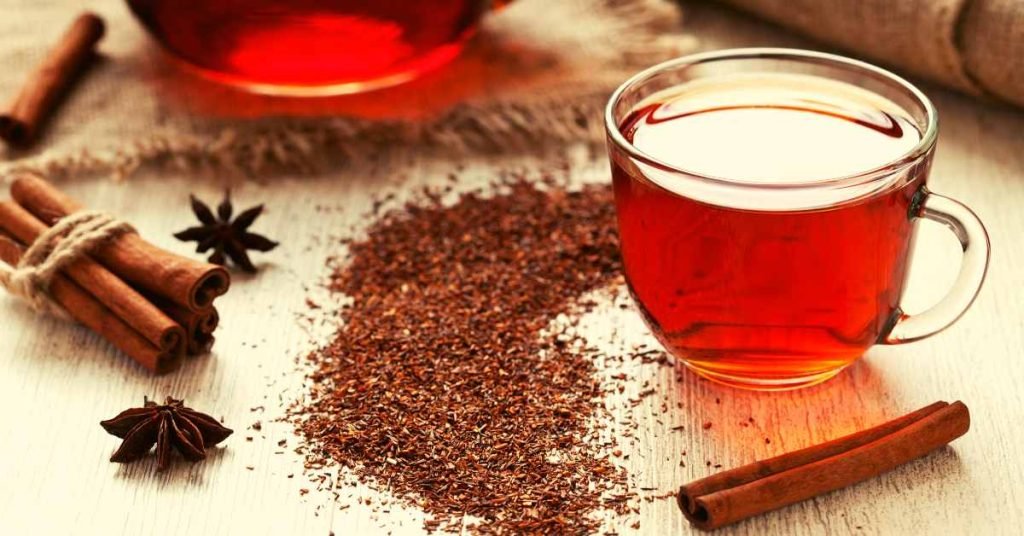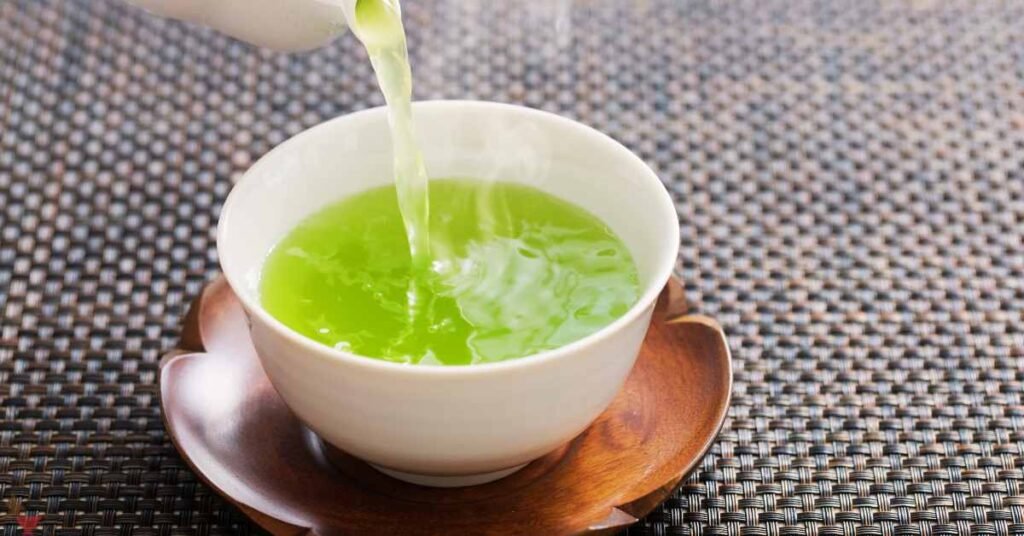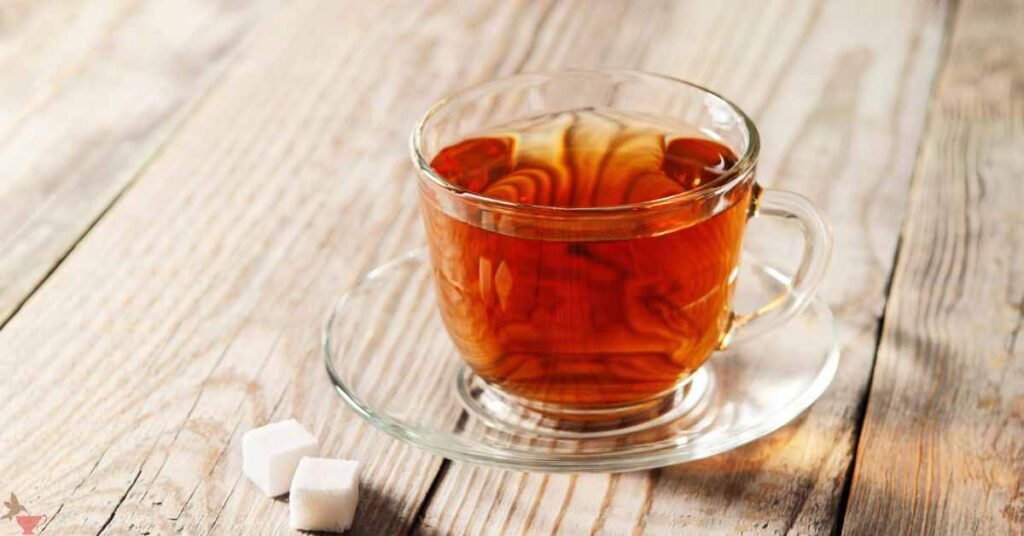Rooibos tea, also known as red bush tea, hails from the shrub Aspalathus linearis, indigenous to South Africa. This caffeine-free tea has been celebrated for its unique flavor and health benefits. But how does it stack up against traditional black or green tea, which comes from the Camellia sinensis plant? Let’s delve into the key differences in terms of origin, processing, flavor, health benefits, and uses.
Origin and Plant Type
Rooibos Tea:
- Origin: Indigenous to the Cederberg region of South Africa.
- Plant: Derived from Aspalathus linearis, a leguminous plant.
Black and Green Tea:
- Origin: Primarily grown in countries like China, India, Japan, and Sri Lanka.
- Plant: Both black and green teas come from the Camellia sinensis plant.

Processing Methods
Rooibos Tea:
- Harvesting: Leaves and stems are harvested, cut, bruised, and left to oxidize.
- Oxidation: This oxidation process gives rooibos its reddish-brown color and rich flavor.
- Green Rooibos: A variant that undergoes minimal oxidation, preserving a lighter color and a more delicate flavor.
Black and Green Tea:
- Black Tea:
- Harvesting: Leaves are withered, rolled, oxidized, and then dried.
- Oxidation: Fully oxidized, resulting in a dark color and robust flavor.
- Green Tea:
- Harvesting: Leaves are quickly steamed or pan-fired to prevent oxidation.
- Oxidation: Minimal to no oxidation, preserving the green color and fresh, grassy flavor.
Flavor Profile
Rooibos Tea:
- Taste: Naturally sweet, with a nutty and slightly earthy flavor. Green rooibos has a lighter, more herbal taste.
- Aroma: Warm and woody with hints of vanilla and honey.

Black and Green Tea:
- Black Tea:
- Taste: Strong, bold, and often described as malty or astringent.
- Aroma: Can vary from fruity and floral to smoky, depending on the type.
- Green Tea:
- Taste: Fresh, vegetal, and sometimes slightly bitter or sweet.
- Aroma: Delicate and floral with grassy notes.
Health Benefits
Rooibos Tea:
- Caffeine-Free: Naturally devoid of caffeine, making it a suitable choice for all ages and times of the day.
- Antioxidants: Rich in polyphenols like aspalathin and nothofagin, which combat oxidative stress.
- Minerals: Contains essential minerals such as calcium, magnesium, and potassium.
- Anti-Inflammatory: Known for its anti-inflammatory properties, which can aid in reducing symptoms of allergies and digestive issues.
Black and Green Tea:
- Black Tea:
- Caffeine Content: Contains caffeine, though less than coffee.
- Antioxidants: High in theaflavins and thearubigins, which support heart health.
- Green Tea:
- Caffeine Content: Lower than black tea but higher than rooibos.
- Antioxidants: Rich in catechins, particularly EGCG, known for its metabolism-boosting and cancer-fighting properties.
Uses and Culinary Applications
Rooibos Tea:
- Versatility: Can be enjoyed hot or iced, plain or with milk and sweeteners. Also used in culinary recipes like rooibos-infused desserts and sauces.
- Blends: Often blended with fruits, spices, and herbs to create a variety of flavors.
Black and Green Tea:

- Black Tea:
- Traditional Use: Consumed plain or with milk, sugar, lemon, or honey.
- Culinary Use: Used in recipes for chai, baked goods, and savory dishes like marinades.
- Green Tea:
- Traditional Use: Often enjoyed plain or with a hint of honey or lemon.
- Culinary Use: Incorporated into matcha lattes, smoothies, and green tea-flavored sweets.
Final Word
Rooibos tea stands out from traditional black and green tea due to its unique origin, processing, and flavor profile. It offers a caffeine-free alternative with its own set of health benefits, making it an excellent addition to the tea lover’s repertoire. Whether you’re looking for a soothing bedtime brew or a versatile ingredient for your culinary creations, rooibos tea provides a delightful and healthy option distinct from the conventional choices of black and green tea.
MEDICAL DISCLAIMER
Itsnevernotteatime.com cannot and does not contain medical/health advice. The medical/health information is provided for general and educational purposes only and is not a substitute for professional advice.




